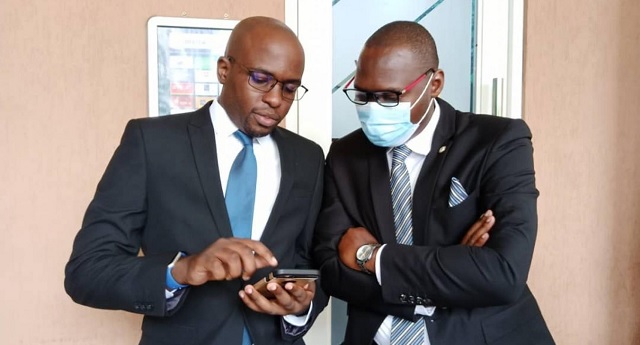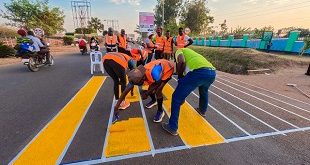
Kampala, Uganda | THE INDEPENDENT | The Initiative for Social and Economic Rights-ISER, a civil society organization has sued the government for alleged failure to put in place a legal framework to regulate school dues and requirements.
In their application before the High Court Civil Division in Kampala, ISER together with Michael Aboneka and Andrew Karamagi, both lawyers want the High Court to compel the Minister of Education and Sports to immediately exercise her mandate to draft a policy that will regulate school fees, charges and all dues payable at any school and tertiary institution in the country.
The applicants contend that under the Constitution, all persons have a right to education and that the State under the supervision of the Education Minister is supposed to further the realization of this right to all Ugandans regardless of their race, color, social and economic status.
They also contend that under the Pre-Primary, Primary and Post Primary Act of 2008 and Universities and Other Tertiary Institutions Act, the Education Minister has a statutory obligation to regulate education services to ensure that national policies and objectives enshrined in the Constitution are implemented and observed at all levels of education.
They however argue that following the recent resumption and opening of schools, education institutions, universities, and other tertiary institutions, the learning centres are charging parents, guardians, and learners exorbitant school fees together with lists of unnecessary school requirements without any justification.
According to Aboneka, due to the lack of a legal framework to regulate fees and acceptable range of school requirements, education centers are exploiting this inadequacy with each charging different and exorbitant fees and asking for unnecessary requirements under the watch of the government.
Aboneka contends that unregulated fees structures have adversely affected parents and learners who are not able to cope with the exorbitant fees and unnecessary requirements thereby denying them the right to education.
“Both private and public continually demand an unnecessary list of requirements such as toilet paper, reams of paper, brooms, rags, among others on top of learners and parents paying school fees”, said Aboneka.
Adding that, “This has in the long run prevented many from returning to school as the school requirements are an additional cost to school fees and is burdensome to the parents and learners who have been affected by the COVID-19 pandemic and do not have the financial wherewithal to comply”.
The petitioners also fault the Education Ministry for failing to stop the fees increment by all education institutions instead of issuing warnings circulars and press statements, which lack legal effect. Saphina Nakulima, the Programs Manager at ISER, says that unless the High Court intervenes and compels the Education Minister to regulate the chargeable rates for school fees and tuition at universities and tertiary institutions and list of school requirements, Ugandans will continue to suffer and have a high rate of school dropouts at the quest for huge profits by the schools.
Karamagi, one of the petitioners told URN that he is personally drafting a legal framework to regulate fees and that he wants the parliament to adopt it such that it can become a policy.
In the same suit, the petitioners want the high court to order the government to immediately regulate gender aspects and special needs education by putting in place a legal framework against discrimination against pregnant girls and breastfeeding mothers in schools.
Two weeks ago, the State Minister for Education, Dr. Joyce Moriku Kaducu revealed that the government is aware that schools have illegally doubled and tripled tuition charges, which she said was unacceptable, and that the perpetrators were to face regulatory sanctions.
Kaducu added that the government has since put in place a mechanism to monitor schools, warning that any school found to have hiked fees without the permission of the ministry would be suspended. It’s not clear when the government will start monitoring the schools to check on their fees structure.
The case which has come seven days after the reopening of schools following the nearly two-year closure due to COVID-19, and is yet to be allocated to a Judge for hearing.
*****
URN
 The Independent Uganda: You get the Truth we Pay the Price
The Independent Uganda: You get the Truth we Pay the Price



